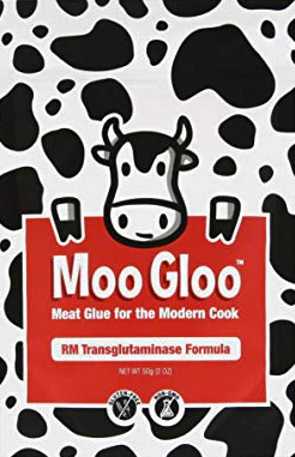
07 April 2023
Transglutaminase (TG), aka Meat Glue is a natural enzyme derived from bacteria (Chryseobacterium proteolyticum) cultivated from animal blood and which has the ability to glue protein-containing food products together. Transglutaminase catalyses the formation of covalent bonds between proteins or between proteins and other molecule types.
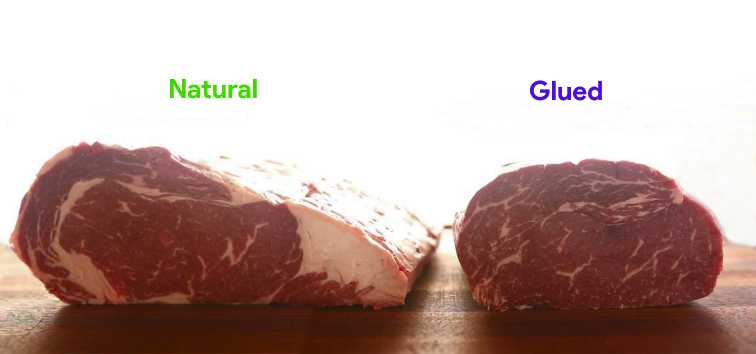
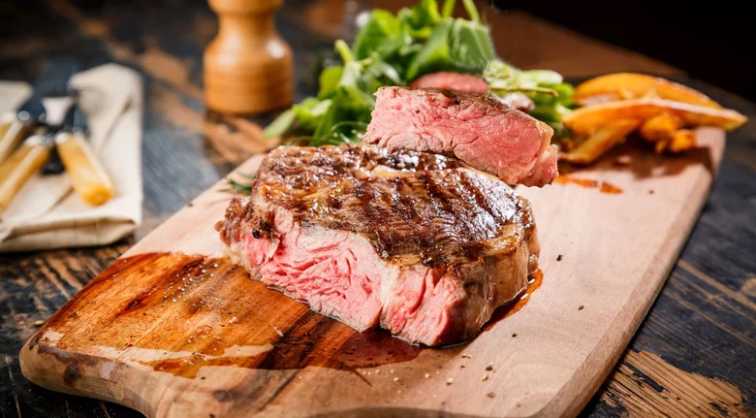
When raw meats and fish etc are fused via TG, they typically have the strength and appearance of whole uncut muscle. TG can be used as a powder or it can be mixed into a slurry and it can be used with meat, chicken and fish products etc.
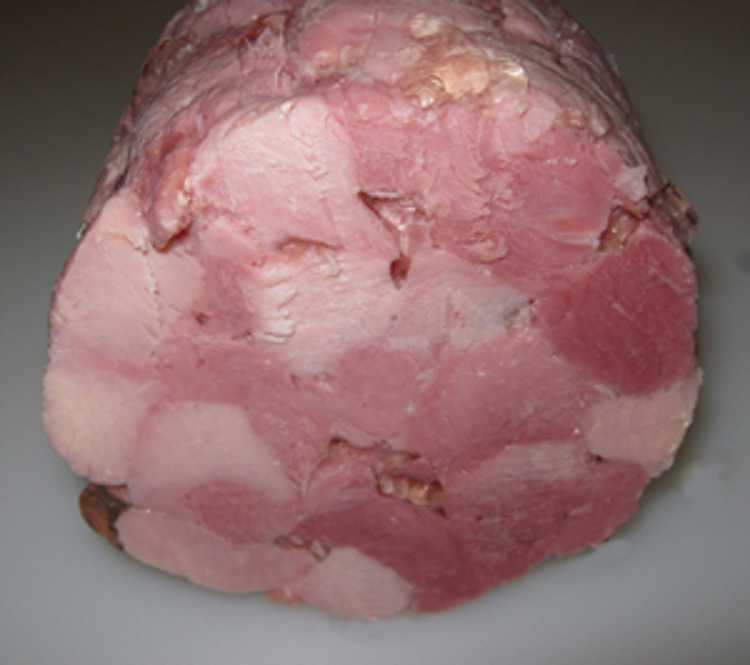
The United States Department of Agriculture (USDA) allows the use of TG and the US Food & Drug Administration (FDA) classifies Meat Glue as “generally recognised as safe” (seems to Rejigit to be way short of a ringing endorsement).
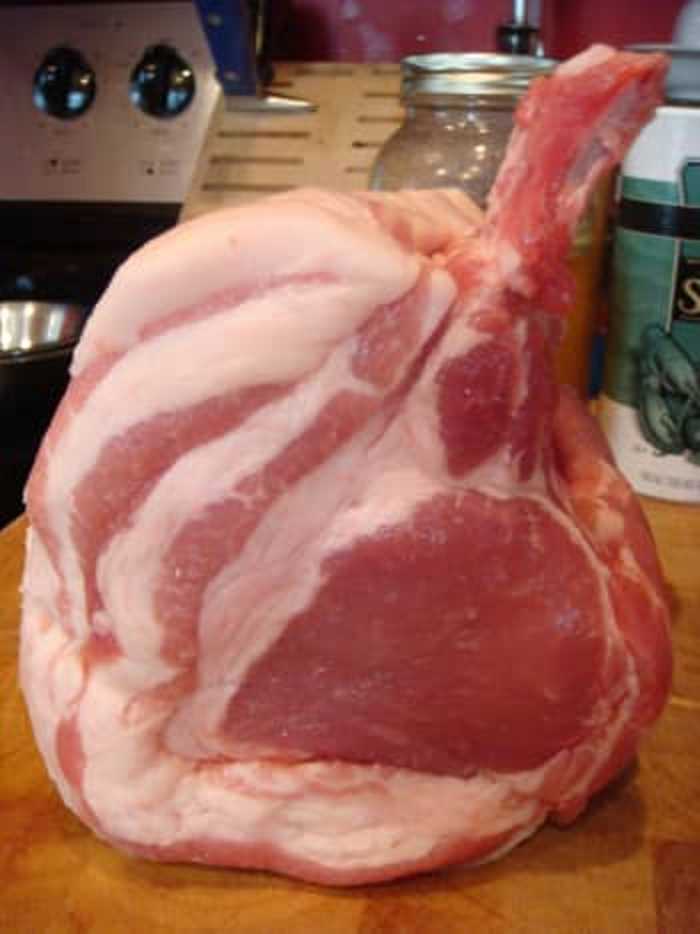
In 2010, the European Union banned the use of TG and the principal reason they banned the enzyme was a deemed risk of bacterial contamination. Each time proteins are glued together, the risk for introducing bacteria, such as E. Coli, increases.
In order to mitigate risk of infection, it is recommended that glued meat products be cooked to an internal temperature of at least 140°F / 60°C.
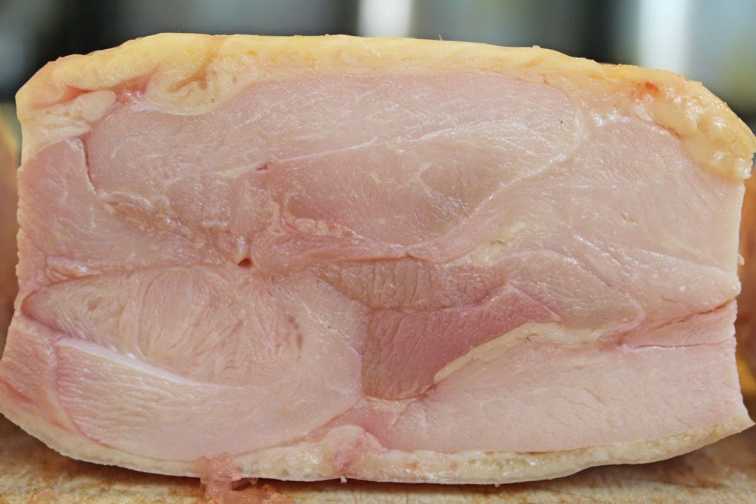
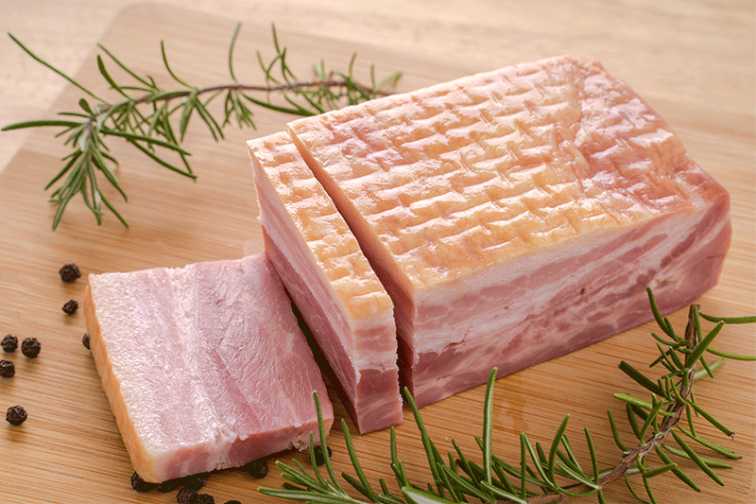
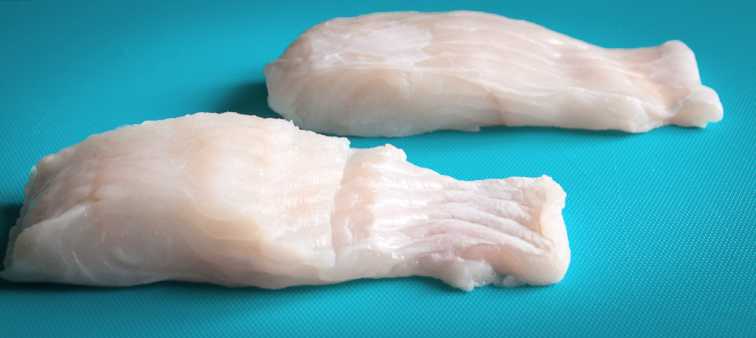
The Australia New Zealand Food Standards authority has concluded there are no public health and safety issues associated with using Transglutaminase and there doesn’t appear to be any requirement within the Australia New Zealand Food Standards Code or the New Zealand Food Act 2014 to disclose the use of the product in terms of packaging or use within the hospitality industry.
individuals with a gluten sensitivity or Celiac Disease may need to be wary about consuming glued products because the Transglutaminase enzyme may increase allergic load in the body,
